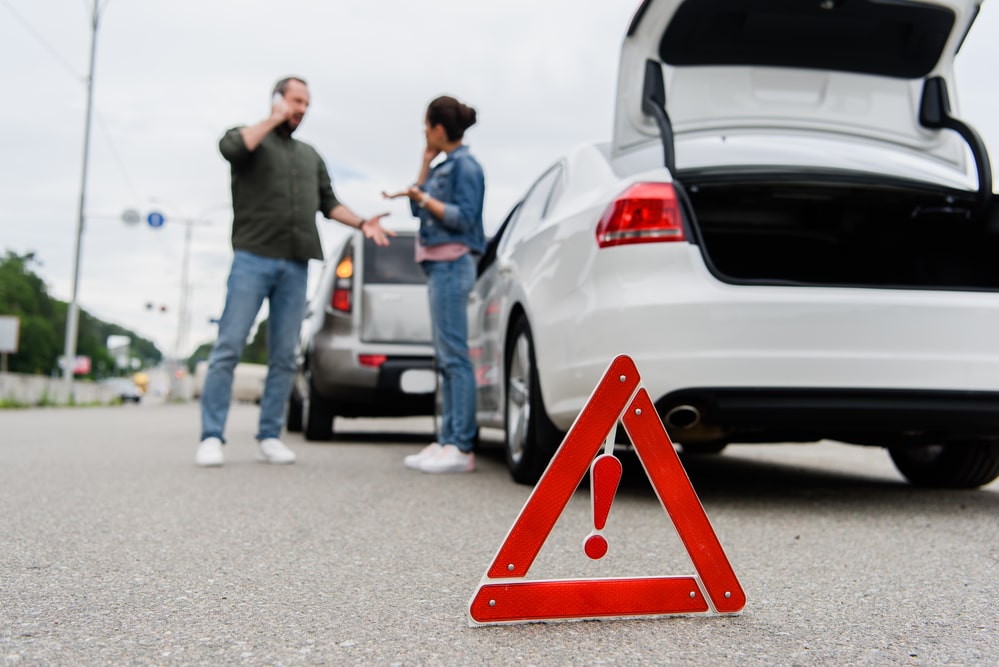Every year, millions of drivers face the unfortunate reality of vehicle collisions, which can lead to significant damage, injuries, and even fatalities. It’s essential to recognize the most prevalent reasons these incidents occur and learn effective strategies to minimize the risk. This article will explore several common causes of road mishaps and provide actionable advice to enhance your driving safety.
Distracted Driving
Distracted driving remains one of the leading factors in road accidents. This involves any activity that diverts attention from driving, including talking or texting on your phone, eating, using in-car technologies like GPS, and interacting with other passengers. The simplest way to prevent this is by setting your phone to ‘Do Not Disturb’ mode while driving. Ensure that all settings on your GPS and entertainment systems are adjusted before you start driving. If you must attend to an urgent matter, it’s safer to pull over than to multitask while driving.
Speeding
Driving above the speed limit is a dangerous habit that reduces the driver’s ability to steer safely around curves or objects in the roadway, extends the distance necessary to stop a vehicle, and increases the force of impact in a crash. Managing your speed can be as simple as being more aware of posted speed limits and consciously adhering to them. Using cruise control on highways can help maintain a steady speed, and always allow ample time to reach your destination so you won’t feel rushed.
Driving Under The Influence
Alcohol and drugs significantly impair driving ability, leading to poor judgment, decreased motor coordination, and slower reaction times. The solution here is straightforward: never drive under the influence. If you plan to drink, designate a sober driver, use public transportation, or utilize a ride-sharing service. Similarly, prescription medications can impair driving ability, so it’s vital to discuss their side effects with your healthcare provider before getting behind the wheel.
Poor Weather Conditions
Bad weather can create hazardous road conditions. Rain, snow, fog, and ice all reduce visibility and increase stopping distances. To handle poor weather conditions safely, ensure your car is equipped with tires suitable for all seasons and that your headlights and windshield wipers are in good working condition. Drive slower than usual and maintain a safe distance from the vehicle in front of you to ensure ample reaction time.
Ignoring Traffic Signals
Failure to observe traffic signals and signs is a significant contributor to intersection collisions. Always follow traffic lights and signs, and never assume the intentions of other drivers. Look both ways before proceeding through an intersection, even if the light is green, and be cautious of drivers who may try to run red lights.
Tailgating
Following another vehicle too closely can lead to rear-end collisions, especially if the leading vehicle suddenly stops. Always keep a safe following distance between you and the car in front to give yourself enough time to react. A good rule of thumb is the “three-second rule,” which involves noting when the rear of the vehicle ahead of you passes a stationary object, then ensuring it takes at least three seconds before you pass the same point.
Improving Your Defensive Driving Skills
Improving your defensive driving skills can greatly enhance road safety. This includes being aware of your surroundings, anticipating the actions of other drivers, and being prepared to react safely. Consider taking a defensive driving course to sharpen your skills and possibly qualify for lower insurance rates.
By understanding the causes of vehicle collisions and applying these practical tips, you can contribute to making the roads safer for everyone. According to Council & Associates, LLC, responsible driving starts with you! If you or a loved one have been involved in a car accident, contact a car accident lawyer today!


